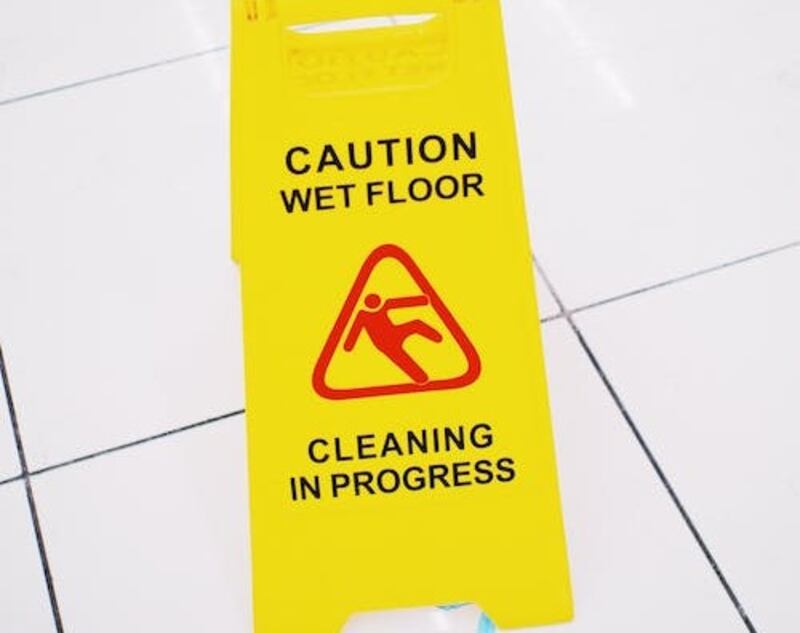Welcome to our friendly blog post, offering a comprehensive guide to understanding premises liability. Whether you are a property owner, occupant, or visitor, you must know the lawful obligations and potential risks related to premises. By thoroughly understanding premises liability, you can proactively ensure safety and protect your rights. So, let’s delve into this topic together and expand our knowledge!
What is Premises Liability?
Premises liability refers to the lawful commitment of property owners or occupiers to preserve a secure environment for people who enter their premises. It includes different properties, including residential homes, commercial buildings, open spaces, and vacant land. The basic guideline behind premises liability is that those who claim or control a property must work out reasonable care to avoid harm to others.
Common Types of Premises Liability Claims
Premises risk claims can arise from a wide range of incidents. Some common types of premises risk claims include slip and fall accidents, inadequate security leading to assaults or robberies, dog bites or animal attacks, elevator or escalator accidents, and hazardous conditions causing accidents or injuries. Understanding these potential risks can help individuals identify hazards and take appropriate precautions when visiting or managing properties.
Determining Liability
In a premises obligation case, the determination of liability relies on demonstrating that the property owner or occupier was negligent in their maintenance of the premises. Negligence can arise from various factors, including the failure to address known hazards, inadequate maintenance, insufficient security measures, or the omission of warnings regarding potential dangers to visitors. It is worth noting that the specific legal obligations and standards of care may differ based on the type of visitor and the property’s characteristics.
Visitor Classifications
Visitors are typically classified into invitees, licensees, and trespassers. Invitees are individuals who are invited onto the premises for business purposes, such as customers or clients. Licensees are social guests or individuals with the property owner’s permission to enter but not for business purposes. Trespassers are individuals who enter the premises without any legal right or permission. The duty of care owed to each visitor category may differ, with the highest burden of care typically owed to invitees.
Steps to Take in a Premises Obligation Case
If you’re involved in a premises Obligation incident, taking specific steps to protect your rights and potential legal claims is essential. These steps include seeking medical attention for injuries, documenting the incident scene, gathering witness statements, report about the incident to the property owner or manager and visit here to consult with a knowledgeable premises liability attorney. Taking these actions can help preserve crucial evidence and strengthen your case.
Preventing Premises Risk Incidents
Property owners and occupiers have a responsibility to maintain safe premises. To prevent these incidents, they should regularly inspect their properties, promptly address any hazards or repairs, provide adequate lighting, secure the premises, and display warning signs where necessary. By implementing these proactive measures, property owners can significantly reduce the risk of accidents and injuries on their premises.
Conclusion
In conclusion, understanding premises liability is crucial for everyone involved in property ownership, management, or visitation. By recognising the legal responsibilities, potential risks, and preventive measures associated with it, we can create safer environments and protect the well-being of all individuals. Whether you’re a property owner or a visitor, being informed about premises liability empowers you to take the necessary steps to ensure safety and uphold your rights.
For more in-depth information and expert guidance on premises liability, visit to explore additional resources. Remember, knowledge is the first step towards prevention and protection. Stay informed, stay safe!


